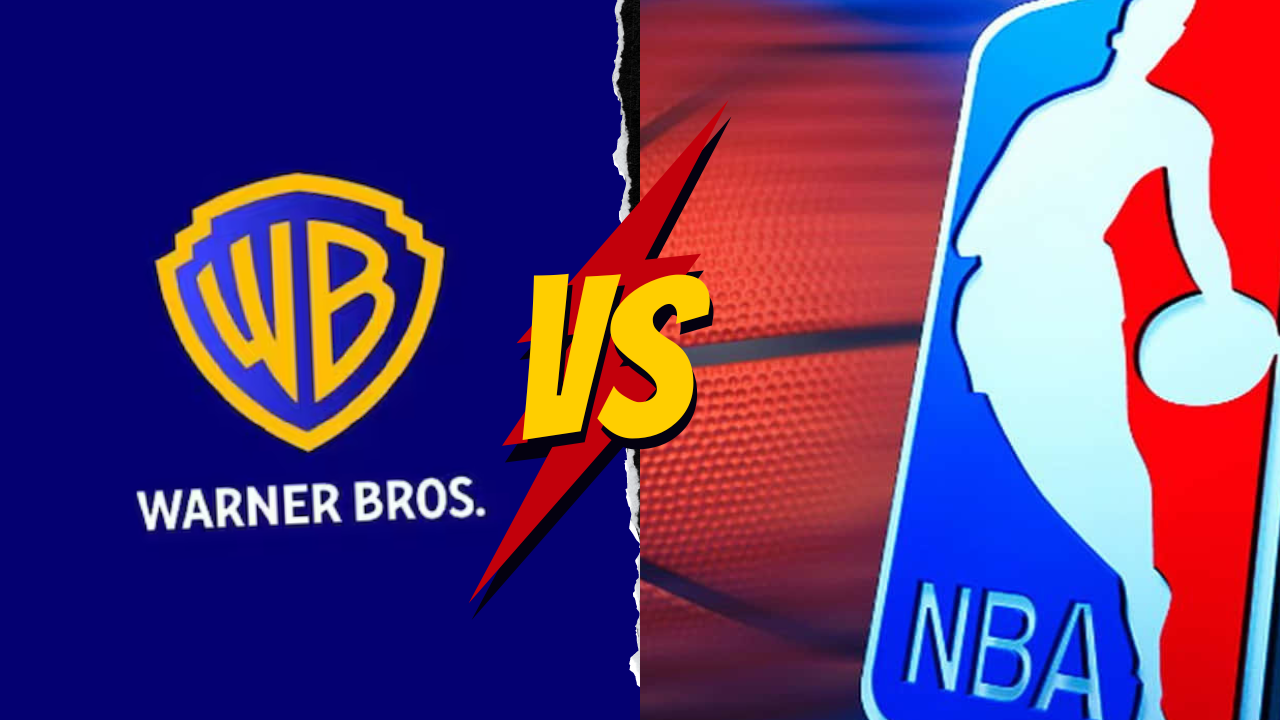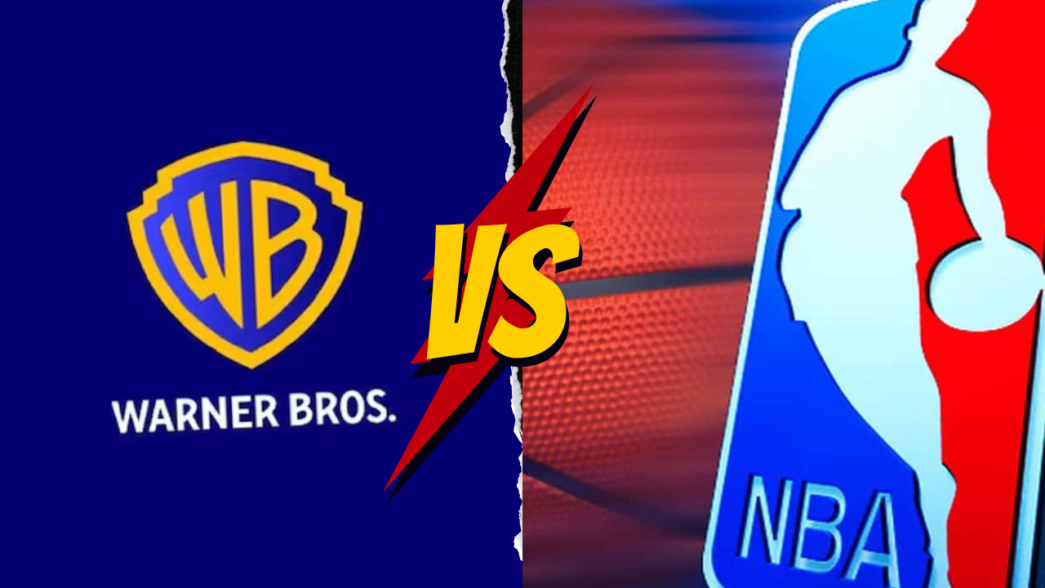New Delhi: In a surprising turn of events, Warner Bros. Discovery (WBD), the parent company of Turner Sports (TNT), has filed a lawsuit against the National Basketball Association (NBA) in New York State Court. The lawsuit challenges the NBA’s decision to reject WBD’s attempt to match a competing offer for media rights to broadcast NBA games.
The crux of the issue lies in a disagreement about matching rights. WBD claims their contract with the NBA grants them the right to match offers from third parties. This would have allowed them to retain broadcasting rights despite a higher bid for streaming rights submitted by Amazon.com.
The NBA, however, argues WBD’s offer only matched a portion of Amazon’s proposal, focusing on traditional television broadcasts and not encompassing the streaming component.
ALSO READ: Zee TV Puts Viewers in the Driver’s Seat with Innovative “Hamara Parivar” Campaign
“We strongly believe this is not just our contractual right, but also in the best interest of fans who want to keep watching our industry-leading NBA content,” stated TNT Sports in a public statement.
The NBA maintains a different stance. “Warner Bros Discovery’s claims are without merit,” said NBA spokesman Mike Bass.
This lawsuit throws a wrench into a major shift in the NBA’s media landscape. The league recently reached an 11-year deal valued at a staggering $77 billion with Walt Disney’s ESPN, Comcast-owned NBCUniversal, and Amazon. This new deal would end the nearly four-decade relationship between TNT and the NBA after the upcoming season.
Turner Sports argues they have a significant stake in retaining the rights. They point to billions of dollars invested in distribution rights, production, and talent, including the Emmy Award-winning “Inside the NBA” program. The company asserts that NBA games are irreplaceable assets, driving viewership, ratings, and ultimately, advertising revenue.
Further complicating the situation, the definition of “matching rights” in the context of digital versus traditional broadcast rights remains legally ambiguous. “The precedent on digital versus linear rights is not settled so the outcome will be in the eye of the beholder,” commented Emarketer analyst Ross Benes.
Another question swirling around the lawsuit is the financial viability for Turner Sports under the new NBA deal. Industry analyst Douglas Arthur expressed concerns, noting the significant price increase and the potential need to raise subscriber fees to compensate.
The court’s interpretation of the contract and the ambiguous nature of digital media rights will likely play a critical role in the outcome of this lawsuit. Whether WBD can retain control of NBA broadcasts or if fans will see a complete shift in how they watch their favorite teams remains to be seen.













